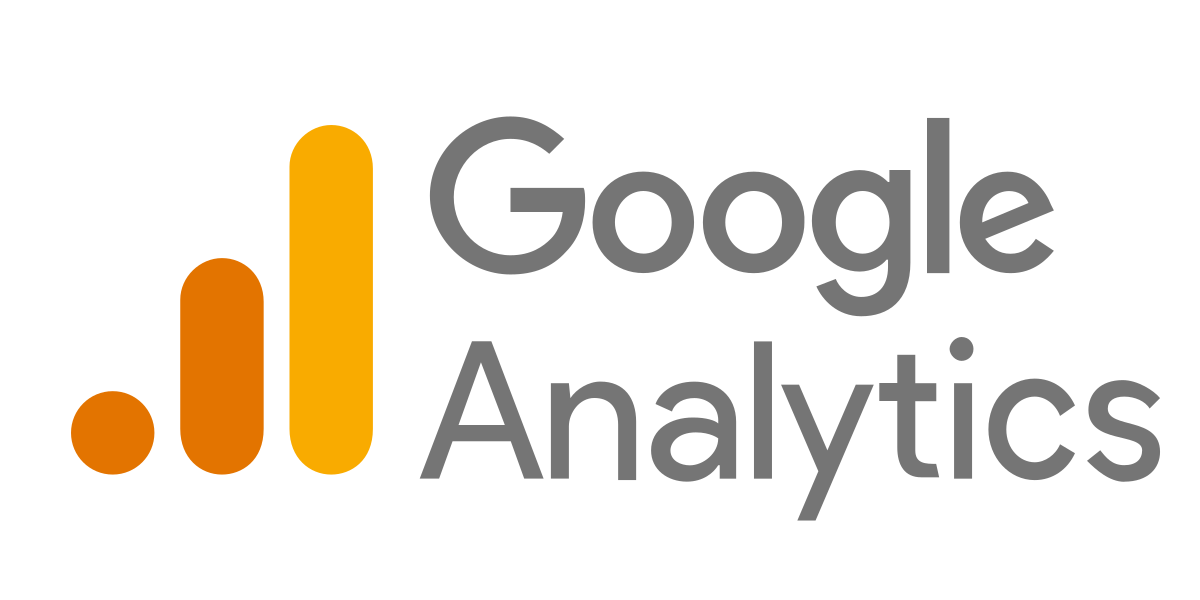Wondering what the store hours are? Ask Google.
Curious why color impacts emotion? Ask Google.
Pondering the difference between SEO and SEM and PPC? Ask Google.
As the world of “Googling” progresses, the field of marketing online equally magnifies. And with any field, specific terms and acronyms are tossed around with the expectation that you know them or you both share the same definition. An expectation that has its limitations, especially when it comes to SEO, SEM, and PPC.
What is the difference between SEO, SEM, and PPC?
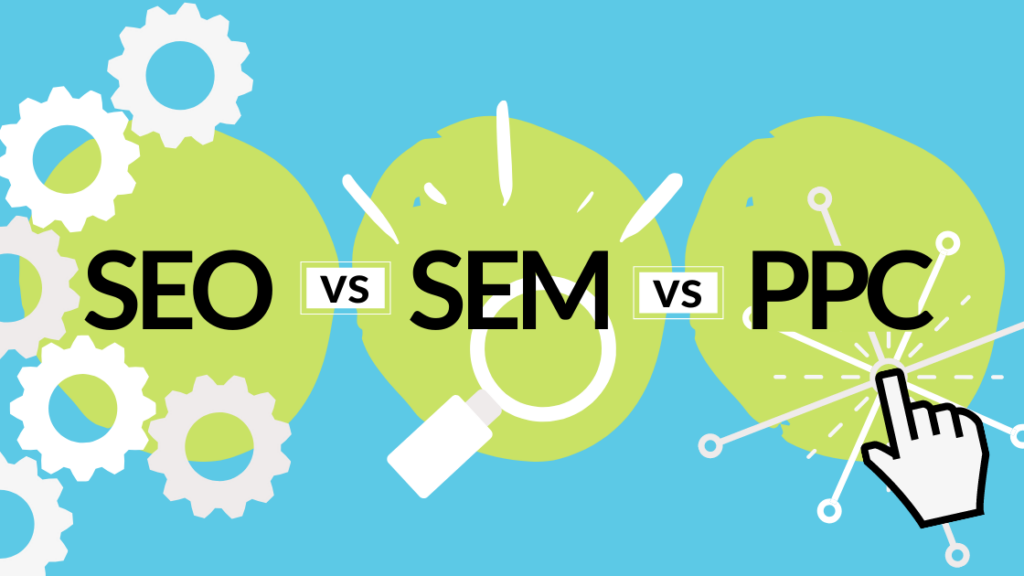
First, let’s start by defining each acronym.
Define SEO
Search Engine Optimization uses a variety of tactics to increase the quality and quantity of a website for organic results.
Define SEM
Search Engine Marketing is the process of using paid advertising to show up on SERPs.
Define PPC
Pay-per-click is paid advertising that costs a set fee per ad click.
Originally, SEM was used as an umbrella term that incorporated all types of marketing and strategies associated with search engines. Therefore, both SEO and PPC would have been categorized under SEM; although the definition of SEM has refined to represent only paid strategies. Now, only PPC is identified with SEM, while SEO is its own category.
While PPC is an aspect of SEM, they represent the same strategy- paying for SERP advertisement. While PPC is a major facet of SEM, the terms are almost used interchangeably. SEM includes PPC, just as PPC is SEM. In addition, SEM is also called paid search ads or paid advertising.
So the question should more accurately just be, “What is the difference between SEO and SEM?”
What is the difference between SEO and SEM?
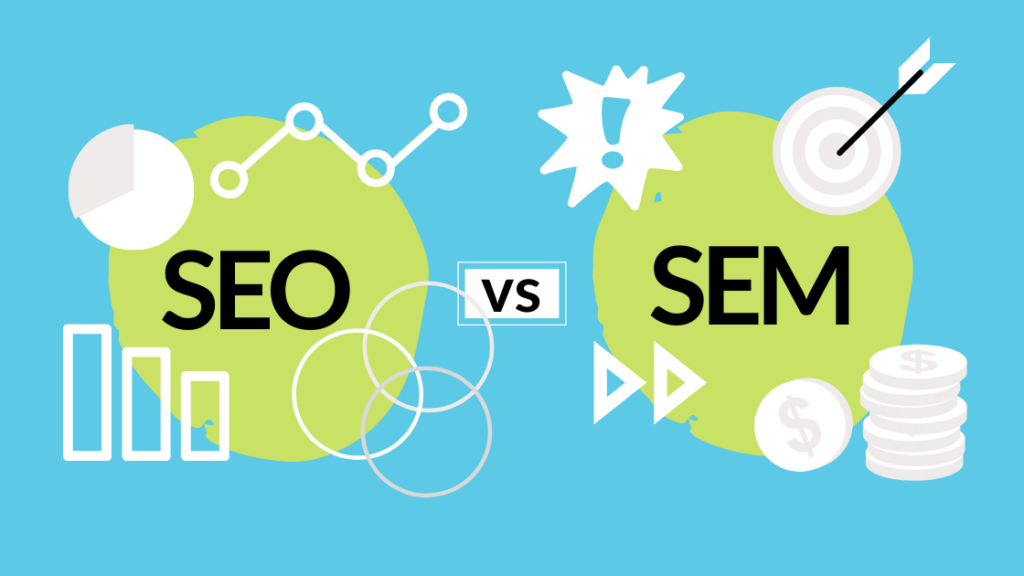
SEO incorporates optimizing a website so the content, design, and layout coordinate with Google’s ranking algorithms. SEO uses unpaid strategies to target SERP rankings. As mentioned, it is about maximizing the quality and quantity of the website to provide a superior user experience (appealing, informational, easy to navigate, etc.) that will ultimately increase traffic and sales.
SEM is specifically using paid strategies to show up on SERPs. The paid advertisement is displayed at the top of the page and labeled as an “Ad.” SEM uses specified information, such as a targeted audience and keyword(s) to increase traffic and sales.
The Benefits of SEO vs the benefits of SEM

SEO and SEM both provide significant value, although each strategy has distinct benefits.
SEO is a long-term approach that focuses on increasing a website’s overall value that will favor both the expectations of the audience and Google. An SEO strategy takes time to implement and gain traction, although each piece contributes to a high-performing website, therefore increasing the potential for higher conversions. An SEO strategy does not have definite control over who, how, or when an audience will find the site, it can only control the backend optimization that considers the targeted criteria.
SEM is a short-term approach that is effective as long as the paid advertisement is still operating. A SEM strategy has more immediate results as the website is clearly shown at the top of the SERP, therefore significantly increasing more views and traffic. There is more control with an SEM strategy as the targeted audience, times, keywords, etc. are explicitly chosen.
But of course, the best strategy incorporates both SEO and SEM.
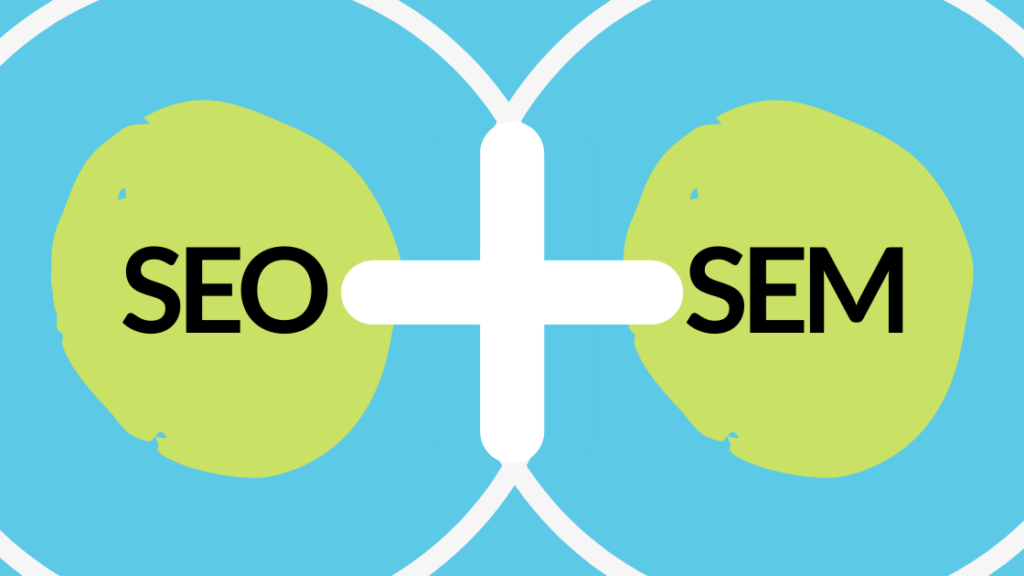
Since SEO requires time to implement and improve, SEM can be used to generate quick attraction to the growing site. Although, if you solely focused on SEM, it risks linking your advertisement to a low-quality site that will impede visitors from completing an action or will bounce back to the previous page, both indicators of poor user experience.
Furthermore, SEM is a great tool for testing. Such as learning more about your audience, their interests, characteristics, etc. or comparing different types of ideas or messages to determine which performs better. These results will greatly influence and guide your SEO plans in order to effectively target the audience.
A strong SEM strategy is backed by an even stronger SEO strategy.
SEO, SEM, PPC, etc.- the world of online marketing is bombarded with numerous terms and even more acronyms. Yet, each serves a specific purpose and impact and understanding the differences between each will ensure you can participate in the conversation and maximize your strategies.
